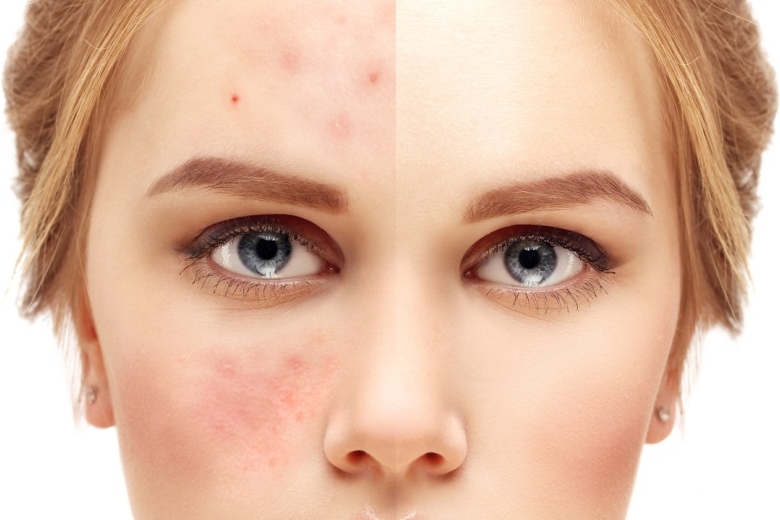The UK’s advertising watchdog has banned online ads from Dermalogica, Johnson & Johnson (Clean and Clear), Reckitt Benckiser (Clearasil) and Feelunique for making false claims about acne products.
The Advertising Standards Authority has told the companies that they cannot claim that the products promoted on their websites prevent or treat acne because they are cosmetic rather than medicinal.
All four companies denied that they were marketing their products as medicinal but the ASA said that the UK’s Medicines and Healthcare products Regulatory Agency (MHRA) defines acne as an adverse medical condition and therefore claims which state or imply that a product can prevent or treat acne are medicinal claims.
Dermalogica UK promoted its MediBac Clearingsystem by stating that it is able to “treat, clear and prevent adult acne while addressing the needs of adult skin” and “each product, with its unique acne-fighting and clearing ingredients, is designed to be layered upon the skin to provide around-the-clock, maximum control of the main factors that contribute to acne”.
Following the two complaints made to ASA, Dermalogica offered to remove references to acne and replacing them with the terms ‘breakout’ or ‘blemish’ but the ASA said that wouldn’t be enough.
“Those changes would not be sufficient as they would still be understood by consumers, in the absence of supporting information, to mean that the product could prevent or treat occurrences of multiple spots, including more persistent and severe occurrences, and acne, and were accordingly medicinal claims.”
Johnson & Johnson’s Clean and Clear product description claimed its Advantage Spot Control Treatment Gel was “clinically proven to start clearing spots in just four hours” and that “the unique spot-fighting formula will quickly remove excess oil, helps fight problem-causing bacteria and purify skin”.
Johnson & Johnson argued that Clean and Clear was a well-known cosmetic brand for clear skin and that “the overall presentation of the products in the ads was clearly cosmetic, and consumers would not expect such products to be medicines”.
However the ASA argued that that the public would commonly associate ‘spots’ with acne, and therefore claims to prevent or treat them is also likely be seen as medicinal.
Feelunique.com’s retail site stated that it assembled “a team of effective acne treatment kits, on the spot treatments, balancing cleansers, exfoliators, clarifying lotions and oil-free moisturisers to have your skin at its blemish-free best.”
The retailer said many products on the market that made claims to treat acne so it seemed strange as a retailer that they could not direct their customers to products that made this claim.
While they had not carried out consumer research in this area, they thought it was unlikely that consumers thought of acne in the same way as they might a condition such as diabetes or appendicitis.
The ASA however ruled that acne was an adverse medical condition and that claims that stated or implied that a product could prevent or treat acne were medicinal claims.
Reckitt Benckiser marketed its Clearasil Rapid Action Treatment as “clinically proven to visibly reduce spot size and redness in as fast as four hours”.
RB UK said that the company believed “that the product met the criteria for a cosmetic product in its formulation, mode of action, presentation and that the claim was one that was permissible to be made on the product under that classification”.
ASA said the company did however make medicinal claims and had therefore breached the advertising code.
The ASA told all four companies that the ads “must not appear again in the form complained about” and that the brands should “not make medicinal claims for unlicensed products, in particular claims that their products could prevent or treat acne”.

